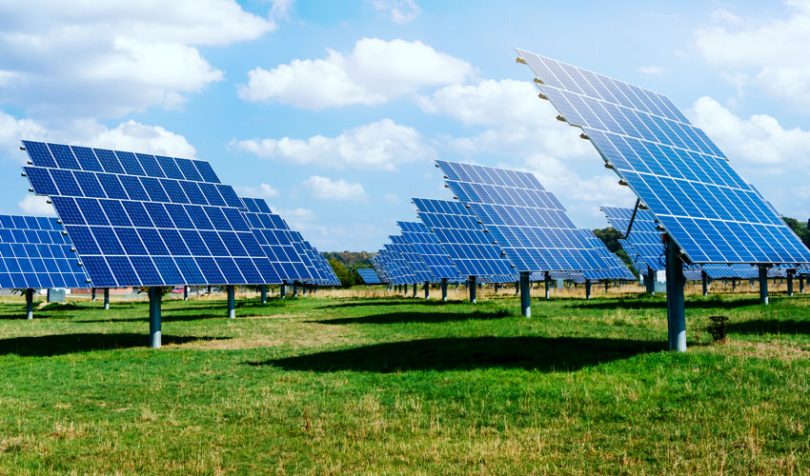Today Germany’s federal energy agency (DENA) announced the selection of the blockchain non-profit Energy Web to build a digital registry for distributed energy resources (DERs) throughout Germany. Those resources could include solar panels, batteries or thermostats. This blockchain machine identity ledger (BMIL) is one of DENA’s three major projects for Germany’s energy sector. Energy Web will be working alongside more than 20 industry companies as well as technology firms BOTLabs, Parity Technologies, and RIDDLE&CODE. The project is now at the implementation stage.
DENA’s Future Energy Lab
In February 2020, the Federal Ministry for Economic Affairs and Energy commissioned DENA to implement energy projects, as described in its blockchain strategy. DENA than launched the Future Energy Lab in late August, which allows for experimentation in energy solutions based on innovative technologies like AI and blockchain. Future Energy Labs has three main pilot projects: BMIL, CO2 emissions visualization solution, and a smart contract register.
The aim of BMIL is to automatically register the energy assets on the decentralized ledger of identities. DENA and its partners can then use the DERs for various services e.g. frequency regulation and virtual power plants. This is similar to Energy Web’s blockchain proof of concept (PoC) with the Austrian Power Grid that demonstrated energy network management using customer-owned DERs.
BMIL will leverage Energy Web’s Decentralized Operating System (EW-DOS), an open-source stack of decentralized software that uses various technologies, including blockchain, and runs on a decentralized network. For digital identity, EW-DOS will be used in conjunction with the KILT blockchain protocol that issues’ self-sovereign verifiable, revocable, anonymous credentials’ and Parity’s Substrate, which enables businesses to build custom blockchains. Energy web claims that the solution is the first energy project to use a ‘multi-blockchain architecture’.
The tech partners
Ingo Rübe, CEO of BOTLabs, the firm behind the KILT Protocol, highlights the importance of DERs and asset identities in the energy sector. “Decentralized identifiers and verifiable credentials are key components of a broader decentralized technology solution to support the energy transitions.”
RIDDLE&CODE is a firm that addresses the interface between hardware and blockchain software. CCO Sebastian Becker confirms it will use two of its lighthouse projects to support the blockchain DER ID registry. One is a collaboration with mining technology developer S1Seven for better traceability and certification practices in the metals industry. “In order to connect these projects with the BMIL registry, EW and RIDDLE&CODE will leverage their innovative blockchain infrastructures, namely the professional services layer of IPDB Foundation’s open-source stack on our end.” The IPDB uses yet another technology, BigChainDB.
CEO of Energy Web, Jesse Morris, believes this is an integral step for worldwide energy. “This is an incredible development not just for Germany but for the global energy sector. Now we have the power sector of the fourth-largest economy in the world taking decisive steps towards a digitalized decentralized future.”
There have been predictions that Germany won’t be able to achieve its 2020 energy targets. In late 2019, McKinsey estimated the country would only hit its targets for CO2 emissions eight years later., Meanwhile, Germany’s economy minister Peter Altmaier confirmed in a press conference that the goal of producing 18% of its total energy consumption with renewable energy is still within reach after hitting 17.1% in 2019.






